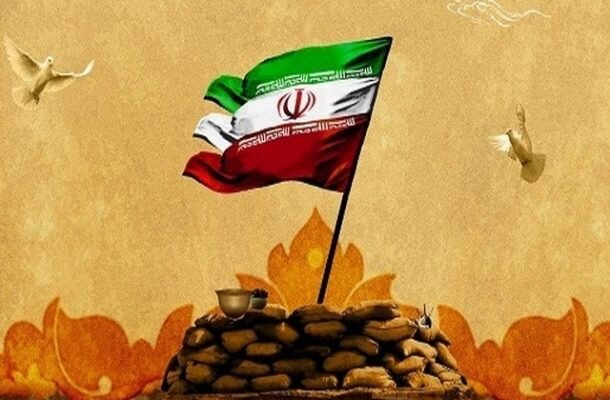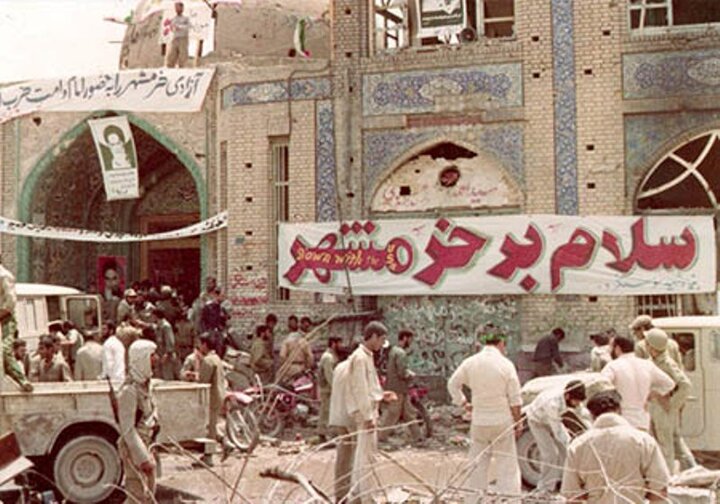On September 22, 1980, the Ba'athist regime of Saddam Hussein, backed by Western powers, invaded Iran.
This war began 19 months after the Islamic Revolution's victory, which angered the global powers.
The Iran-Iraq War was the second-longest war of the 20th century after the Vietnam War.
Iranians refer to resistance against Iraq’s invasion of Iran in the 1980s as Sacred Defense.

In response to Iraq's aggression, a remarkable unity emerged among various minority groups, including Zoroastrians, Assyrians, and Christians, who expressed their commitment to defend their country through support and action.
Their enthusiastic involvement highlighted Iranian unity, as these communities contributed financial and material aid and sent technical, medical, and engineering teams to assist the soldiers.

The eight-year conflict, known as the Sacred Defense in Iran, is commemorated through Sacred Defense Week, honoring the martyrs who sacrificed their lives for the nation.
The war was not merely about territorial disputes; it centered on the principle of defense itself.
At that time, major world powers united against the Islamic Republic, with the US, European nations, and the Soviet-led Eastern Bloc all contributing to the attack.
The US was often seen as the primary instigator, while the Islamic Republic found itself isolated, struggling to procure weapons and supplies, often paying exorbitantly for limited resources.
This imbalance did not diminish the resilience of the Iranian nation, which ultimately achieved a remarkable victory.
Years after the significant events of the Sacred Defense, the lessons learned and the remarkable successes from that time are evident in the country’s growth and advancements across defensive, scientific, cultural, economic, and technological sectors.
These achievements serve as a powerful example of resistance and determination.
The Sacred Defense fostered a global culture of resistance, influencing movements in Asia, Africa, and Latin America.
The actions of the Iranian people have served as a model for many, expanding Iran's intellectual and cultural influence worldwide.
This expansion of understanding, knowledge, and aspirations was largely facilitated by the Sacred Defense, which promoted a culture of self-reliance.
Reported by Tohid Mahmoudpour
